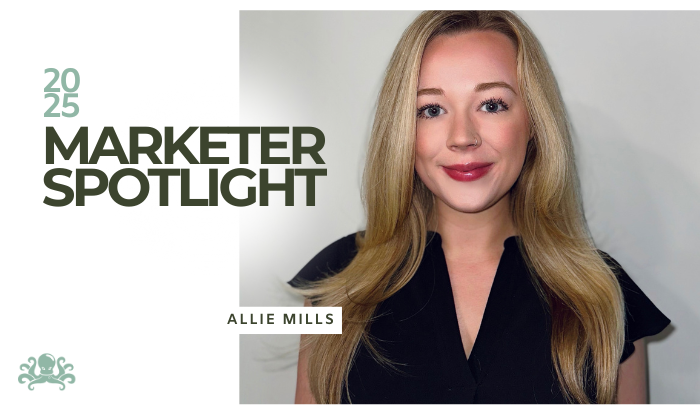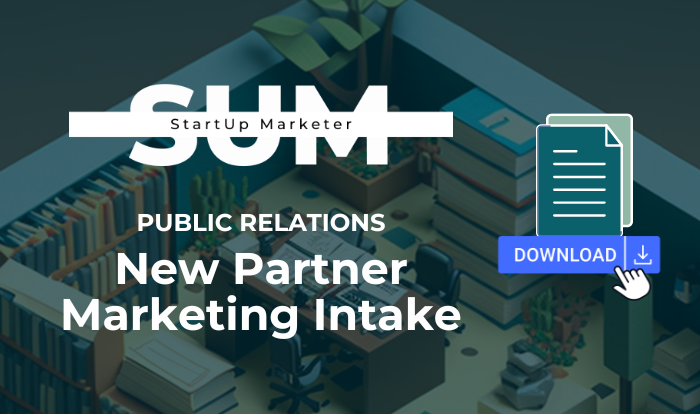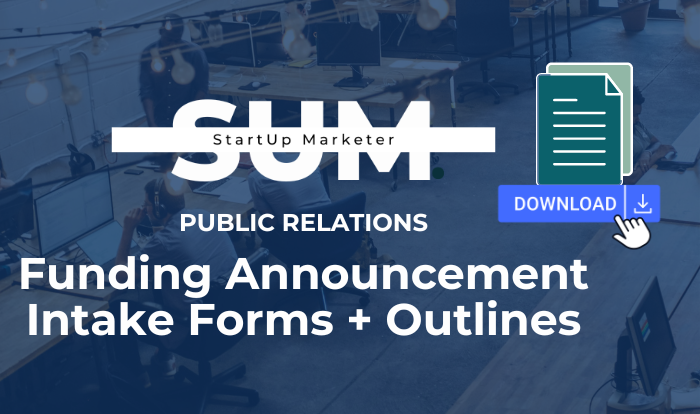Estimated Reading Time: 6 minutes
BLUF (Bottom Line Up Front): Despite graduating during the height of the pandemic, Allie Mills was able to secure several amazing roles, more than double her salary in just a few years, and earn the distinction of PRNEWS 2024 Rising Star. Her journey highlights the importance of embracing change, seeking growth opportunities, and continuously building skills. Plus, learn what advice she has for new PR grads looking to land their first job.
- Tell us a bit about your career journey and how you got started in public relations.
I graduated with a degree in public relations in the spring of 2019 and I just didn’t feel ready for the real world quite yet. So, I decided to enroll in a communications master’s program and secured an assistantship teaching public speaking to help pay for it. It was the perfect transitionary program for me – I was able to dive deeper into public relations while also getting comfortable leading a room full of students, which really helped build my client-facing skills.
Then, as I was gearing up for my last semester a little thing called the coronavirus came along. I went on spring break and never returned. By the time I finished my degree (virtually), companies still weren’t hiring. I was applying to as many places as possible but nobody was getting back to me. I finally landed a job with a small boutique B2B lead gen agency called LeadCoverage that specialized in supply chain and logistics technology.
At the time, this was actually a huge opportunity in PR. Everyone was working from home, buying office furniture, and redoing their bathrooms, so supply chain issues were a hot topic. It was honestly the perfect storm to break into PR because all of a sudden publications like CNBC, the Washington Post, and the Wall Street Journal all wanted to talk to these logistics and supply chain experts.
It was a great crash course for me, especially in terms of learning the terminology and the technical side of the business. For communications, you have to be a mini expert in everything so you can put the pieces together to find the angle and frame the message..
Because it was such a small agency, I took on much more responsibility than my junior title suggested. Within six months, I was managing eight PR accounts end-to-end, finding and sourcing media opportunities, drafting award submissions, conducting thought leadership intakes, and leading client calls. I loved it, but I quickly reached a point where there wasn’t much more room for me to grow and no clear path for advancement. So, I got a job with a company called Hotwire Global which is one of the largest tech PR agencies in the world, working with insanely cool companies like Adobe and Nike as well as some really cool startups that ended up going public. It was a great opportunity, but I quickly realized the heavily structured environment wasn’t for me. I started to feel like my wings were clipped a bit.
Around that same time, the founder of SalientMG, Mack McKelvey, reached out to connect. We had a call and I immediately knew Salient was the right next step. At Salient, I was able to apply the formal, structured training I received at Hotwire with my foundational, full-circle experience from LeadCoverage. I was back in the saddle, doing everything from strategy to execution to reporting and I loved it. But two years in and a move across the country, I started to feel like it was time to think about my next move. My entire career up to this point had been fully remote, so I knew I needed to be in office for my own professional development. Plus, because I didn’t have a ton of friends in my new area, my mental health started to suffer working from home day in and day out. I was also ready to shift gears from agency life and try my hand at an in-house role.
Now, I’m doing what I love most, managing US business and technology media relations for Workhuman and I couldn’t be happier. We have a full-service internal PR team and a brand new, state-of-the-art office. The atmosphere is vibrant and collaborative, with countless in-office perks that support employee wellbeing.
The moral of the story is don’t be afraid to change jobs if something isn’t a fit or there’s no more room to grow. Don’t feel like you need to stick it out for a set amount of time. Obviously, job-hopping every couple of months isn’t great, but you need to prioritize your own values and goals. Figure out where you want to be, map out how to get there, and don’t worry about how that six-month or one-year stint may look on your resume. In fact, being able to articulate your reason for leaving a company to a potential employer will give them a better sense of your overall drive, initiative, and aspirations, and that’s a good thing.
- What advice do you have for new PR/comms grads preparing for their first job interview?
Do your research and try to develop a basic understanding of what the company does, who their clients and competitors are, and how they differentiate themselves in the market. Bonus points if you look at their recent announcements and campaigns, or where they’ve shown up in the news the past six months. You may not have a ton of professional experience outside of a classroom or an internship, but demonstrating you know how to teach yourself and connecting the dots shows that you have initiative and are eager to learn. That’s the biggest thing companies are looking for in these entry-level roles.
I remember in a final-round interview for one agency, they asked me which one of their clients I’d be most excited to work on. Well, I had researched the company itself, but I hadn’t even looked at their client list. I never made that mistake again.
There’s so much time and energy that goes into training someone fresh out of school, you need to show prospective employers that you are prepared to learn and can think critically. You may bomb an interview or two, but it’s a muscle that will get better with practice.
- Where should new grads start their careers: agency or in-house?
There are pros and cons to both but for PR professionals just starting out, I definitely think an agency is a great place to get exposed to many different types of companies and industries so you can make a fully informed decision about what you want to do long-term.
- Who or what has been the most significant influence on your career?
I wouldn’t say there’s just one person. I’ve collected many connections that have helped me along the way. My first boss really did an amazing job teaching me all the different facets of PR which gave me such a strong foundation. At the same time, I’ve learned a lot from my peers. Mentorship isn’t just a top-down relationship. Don’t be afraid to reach out laterally to your peers to talk about what you’re going through, bounce ideas off each other, and problem-solve together.
- What surprised you the most about working in PR?
I thought everyone would be as enthusiastic about media relations and getting press as I was, but that’s not always the case. Sometimes, a client will drag their feet, not want to comment, or not see value in a certain trade publication. Your job is to lay out the value of an opportunity and educate the executives.
- What is the best piece of advice someone gave you and how has it impacted your personal and/or professional direction?
My mom is an entrepreneur and she instilled in me the idea that you always do what you say you’re going to do. If I say I’m going to do something I do everything in my power to follow through and make it happen. In the same vein, it’s important to know your limits and set realistic expectations when it comes to your clients. There’s nothing wrong with saying: Here’s what I need to make this happen for you. And back it up with successful examples from past clients. Otherwise, you’re making empty promises that will hurt the relationship over time.
Another tip I learned along the way that helped me get ahead faster is to take the initiative and do as much research as you can before asking for help. An agency will have a folder for each client, containing everything they’ve ever done with them. Dig through the folder, search through Slack channels, find examples and piece together as much information as you can before asking for help. It’s fine to ask questions, but do the legwork first and go to your manager with at least an idea of how you can solve the problem. Your efforts will be noticed and appreciated.
- Any parting words for young marketers navigating the PR world?
Trust your gut, trust your intuition, know your values and abilities. Figure out where you want to be, then map it out and make decisions that’ll get you there. Despite graduating during the height of the pandemic, I’ve been able to secure several amazing roles, meet some incredible people along the way, and more than double my salary in just a few years.
Careers aren’t often linear. In this StartUp Marketer spotlight, Beth Pyne shares her journey to becoming SalientMG’s VP of Marketing.
By leveraging the power of partnerships, businesses can access new markets, elevate brand reputation, optimize resources, and ultimately drive sustainable Read more
Understanding the nuances of each funding round is essential for startup marketers.
Discover how a post-grad marketer found confidence and connection in just 5 days with StartUp Marketer.





